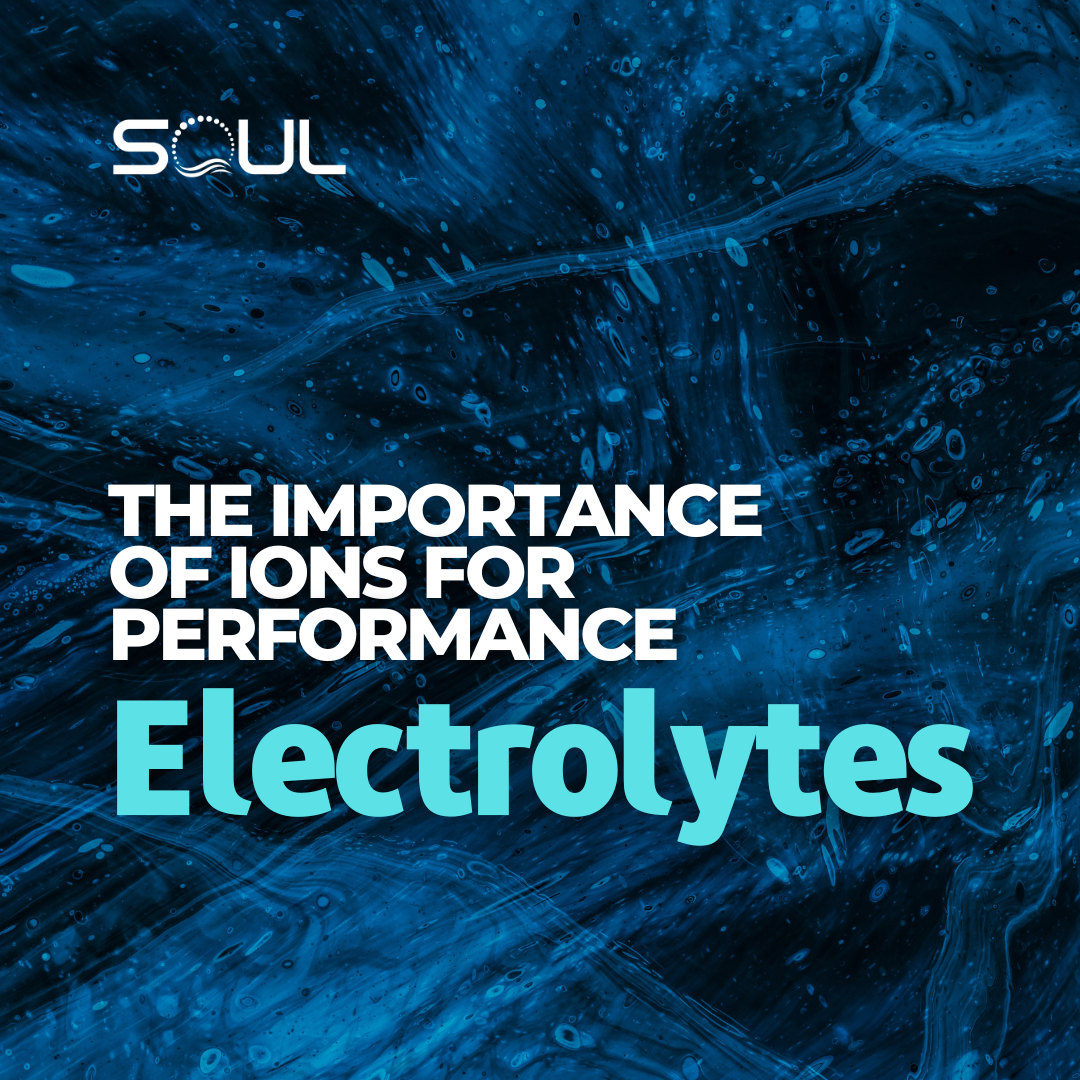
Electrolytes: The Importance of Ions in Our Body
Imagine your body as a bustling city, a complex network where every signal, every movement, and every function relies on a delicate balance. At the heart of this intricate system lies a group of unsung heroes: electrolytes. These tiny charged particles are the conductors of our bodily orchestra, ensuring harmony in every beat, thought, and breath.
The Guardians of Fluid Balance
Think of electrolytes as the city's water regulators. Sodium (Na+) and potassium (K+) ions work tirelessly to maintain the flow of water in and out of cells. They ensure that each cell is perfectly hydrated, neither bloated nor parched. Hormones like aldosterone act as the city's mayor, adjusting sodium and potassium levels to meet the ever-changing demands of the body. Without this meticulous regulation, our cells would either shrivel like dried leaves or burst from excess water, leading to dire consequences.
The Electric Messengers
Every time you blink, take a step, or even form a thought, thank the electrolytes. Sodium and potassium ions are the electric messengers that transmit nerve impulses. They create tiny electrical currents that zip along nerve fibers, delivering messages at lightning speed. Calcium (Ca2+) ions then step in to translate these messages into action, triggering muscle contractions. It's a seamless relay race where a misstep could mean muscle weakness or even heart arrhythmias—a chaotic traffic jam in our bodily metropolis.
Balancing the Acid-Base Tightrope
Maintaining the body's pH is like walking a tightrope over a canyon. Too acidic or too alkaline, and the system falters. Chloride (Cl-) and bicarbonate (HCO3-) ions are the balancing poles, countering excess hydrogen ions (H+) to keep us steady. They ensure that our internal environment remains just right for enzymes and biochemical reactions to perform their magic. Disrupt this balance, and we risk plunging into the abyss of acidosis or alkalosis, conditions that can derail vital organ functions.
When the Scales Tip: Consequences of Imbalance
An electrolyte imbalance is akin to a citywide power outage. Low potassium levels (hypokalemia) can lead to muscle weakness and irregular heartbeats, potentially escalating to heart failure. On the flip side, high potassium levels (hyperkalemia) might cause muscle paralysis or dangerous arrhythmias. Calcium imbalances can trigger muscle spasms or, conversely, lead to kidney stones and mental confusion. It's a high-stakes game where precision is paramount.
Fueling the Inner Engine
Replenishing electrolytes is not just for athletes chugging sports drinks after a marathon. Everyday foods—fruits, vegetables, dairy, and meats—are rich in these vital ions. However, life throws curveballs. Intense workouts, illnesses, or chronic conditions can deplete electrolyte levels. In such cases, oral rehydration solutions and electrolyte-rich beverages become essential. If you ever feel the warning signs—persistent fatigue, muscle cramps, irregular heartbeat—it's imperative to consult a healthcare professional. Your body's balance is not something to gamble with.
These statements have not been evaluated by the Food and Drug Administration. This product is not intended to diagnose, treat, cure or prevent any disease. This article is for informational purposes only and is not a substitute for professional medical advice. Always consult your healthcare provider regarding any health concerns or before starting new supplements.
